Ten Questions for Alice Evelyn Yang

“One day, all that sacrifice will have been worth it.” —Alice Evelyn Yang, author of A Beast Slinks Towards Beijing
Jump to navigation Skip to content
Articles from Poet & Writers Magazine include material from the print edition plus exclusive online-only material.

“One day, all that sacrifice will have been worth it.” —Alice Evelyn Yang, author of A Beast Slinks Towards Beijing

The author of Cord Swell (Norton, 2025) considers the power of leveraging different media in poetry.

“Look up from your own desperation and walk outside. No matter the weather, be outdoors each day. It will help you.” —Andrés Cerpa, author of The Palace

In her new memoir, The Flower Bearers, Rachel Eliza Griffiths unpacks grief and hard-won survival with a poet’s touch, offering a narrative of raw vulnerability, strength, and resolve.
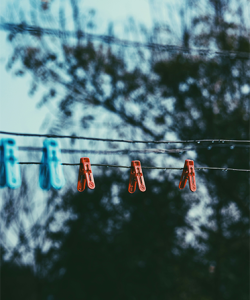
The author of Cord Swell (Norton, 2025) reflects on offering reverence to ordinary objects in poetry.

“Advice for poets should be poems.” —Bianca Stone, author of The Near and Distant World

The author of Cord Swell (Norton, 2025) considers how memory can be mined for particular phrases and pronunciations to guide poetry.

Casper, who has worked at a number of literary arts organizations over the last twenty-five years, most recently as head of Poetry and Literature in the Literary Initiatives Office at the Library of Congress, will start in his new role on January 26.
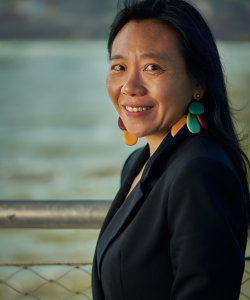
“Many unknown things are possible, many unexpected turns of events will arise.” —Xiaolu Guo, author of Call Me Ishmaelle

The author of Voice of the Fish: A Lyric Essay (Graywolf Press, 2022) reflects on what a trans essay might look like.
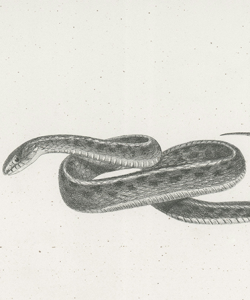
The author of Voice of the Fish: A Lyric Essay (Graywolf Press, 2022) considers what it would mean for the essay to embrace new kinds of meaning-making.

When a memoirist studies her manuscript for patterns in theme and style, the symmetries she cultivates bring powerful shape to her book.

The acclaimed fiction writer, essayist, comic book writer, and screenwriter cautions against growing too rigid in your practice and suggests kicking down some doors and using writing as a multi-tool.

Write a poem that reflects on the passing of time, a story that uses anonymity to build themes of disappearance and loneliness, or a personal essay about your relationship to a specific technology.

The newly appointed U.S. poet laureate discusses how he learned his craft as a literary translator and his plans for promoting poetry in translation.

Based in Matanzas, Cuba, Ediciones Vigía has transformed over forty years from an informal gathering of creatives into an inventive artisan book press and publishing workshop.

Founded in Singapore in 2015 and now based in New York City, Half Mystic Press publishes two books each year that engage with music—in theme or in spirit—as well as an annual journal.

A study in iScience found a 43 percent drop over the last twenty years in the number of Americans who report reading for pleasure daily.
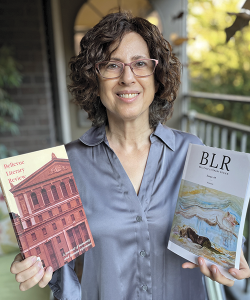
Bellevue Literary Review celebrates twenty-five years of platforming creative writing about health and the world of the body.

The first lines of a dozen noteworthy books, including The Palace by Andrés Cerpa and The Flower Bearers by Rachel Eliza Griffiths.

The Depression-era Federal Writers’ Project enlisted writers to tell a nation’s stories. Now the People’s Recorder podcast explores the history of the project and its continued relevance.

A writer of fiction and nonfiction forgets her laptop on a mini writing retreat and discovers new and productive paths through creativity without the constant pull of technology.

A poet recommends a three-day program to examine your writing, where you write, what you write with, and what your goals are as a way to refresh your spirit and energize your writing practice.

Since 2010 we have asked graphic designers and artists to create new, surprising, and uniquely inspiring covers for the first issue of the year; in this portfolio we look back at their work.
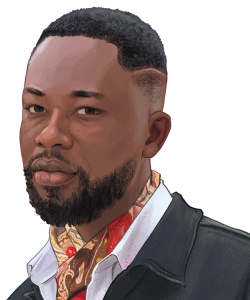
Ten debut poets, including Gbenga Adesina and Kalehua Kim, share the inspiration, advice, and writers block remedies that have sustained their literary practices.